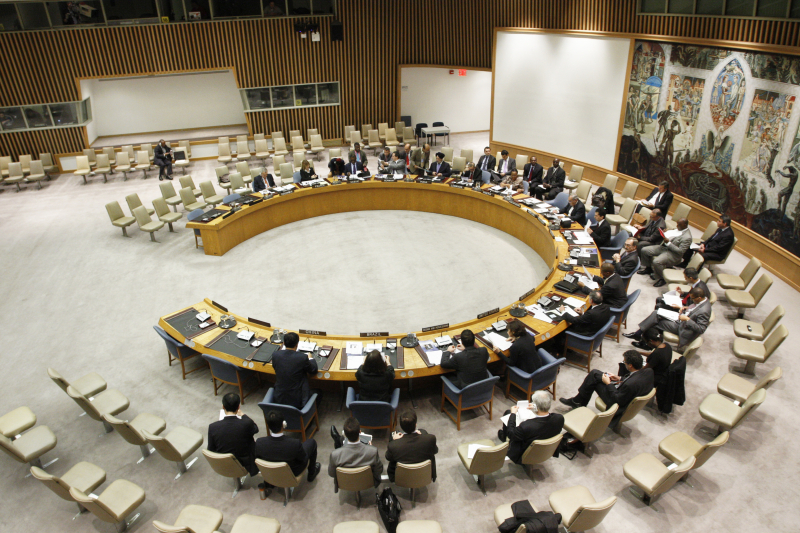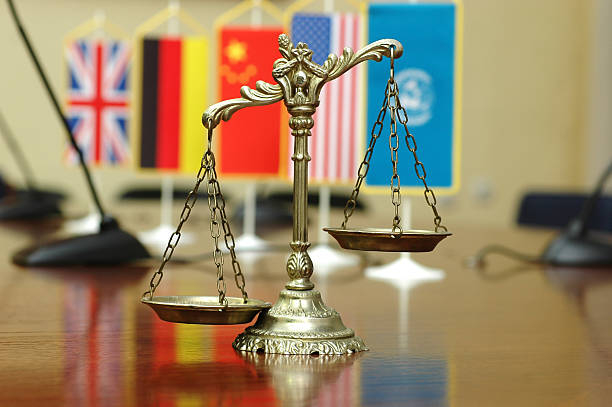International Water Law
In order to account for the numerous new aspects of freshwater management and protection, international law has undergone a number of significant developments in recent decades. The adoption of global, regional, and basin-level instruments emphasizes how crucial it is to understand the development of international water law and to be able to pinpoint its key tenets.
The purpose of this course is to give students the background knowledge they need to comprehend and evaluate the regulations that apply to transboundary freshwaters, particularly to rivers, lakes, and aquifers. It outlines the legal guidelines and guiding principles that control how these resources are used, shared, managed, and protected.
There are 5 modules in the MOOC. The modules can be viewed in any order because each one focuses on a different theme. The modules do, however, adhere to a particular pedagogical logic, and learning them in order will be especially beneficial for those who are unfamiliar with the material. A test or questionnaire for module evaluation is included. Students who score an overall average of at least 80% on the tests will receive a certificate.
This course offers:
- Flexible deadlines: Reset deadlines based on your availability.
- Shareable certificate: Get a Certificate when you complete
- 100% online
- Intermediate level
- Approx. 10 hours to complete
- Subtitles: Arabic, French, Portuguese (European), Italian, Vietnamese, German, Russian, English, Spanish
Course ratings: 4.6/5
Enroll here: https://www.coursera.org/learn/international-water-law












